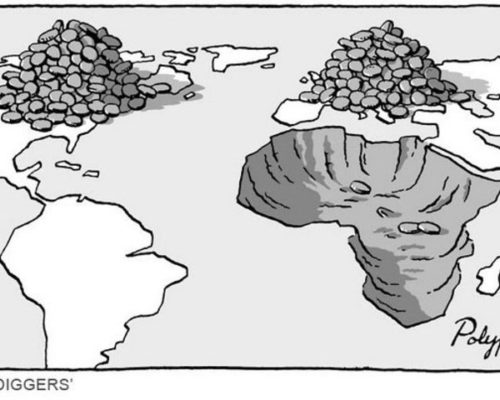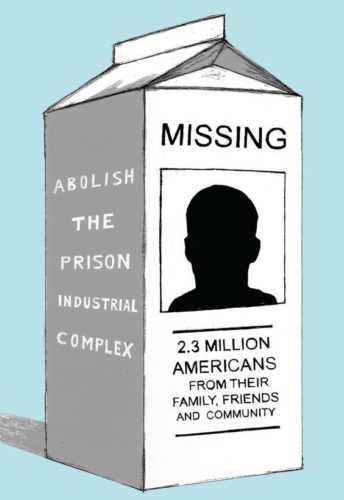Most conversations about race and capitalism quickly degenerate into a chicken-or-egg discussion. You know the one. Which came first, racism or our beloved ‘free enterprise system’? I say we’ve had enough of that. The debate is played out. It’s monotonous and tired. But there’s a Marxist term from the debate still relevant to us. I’m referring to ‘primitive accumulation‘.
Does ‘primitive accumulation’ solve these issues? If so, how far does it take us? More broadly, does primitive accumulation account for the role of race in the capitalist system? Or if you approach these issues like, say, Ta-Nehisi Coates approaches them, does it account for the role of capitalism in the racial hierarchy?




